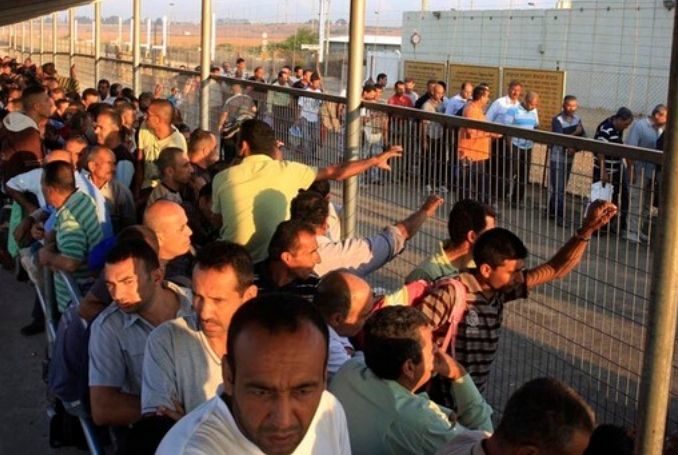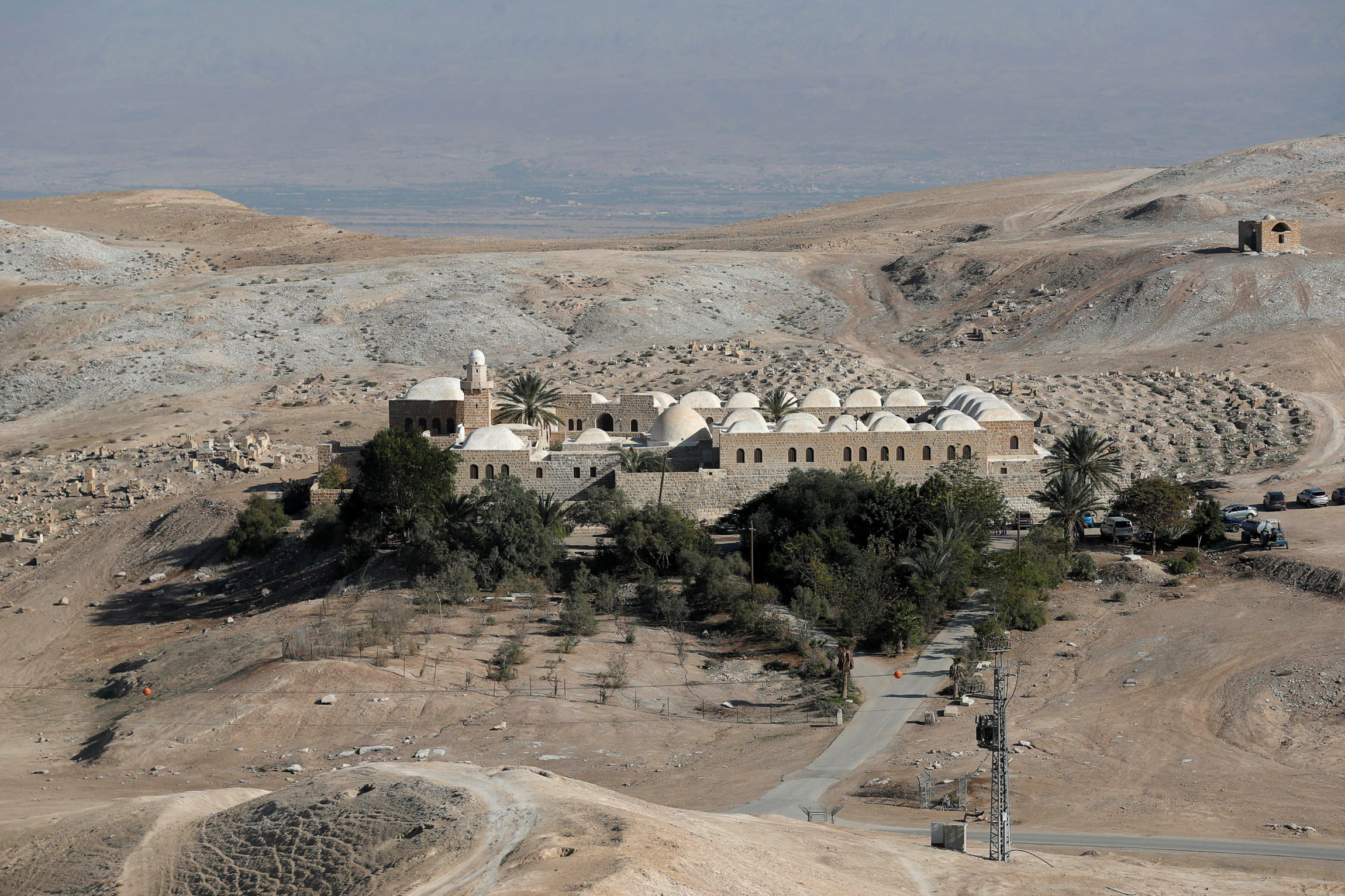Hong Kong’s freedoms and international stature have taken a dramatic hit this year. In the last two decades, Beijing and the global financial community have tried to construct particular narratives about Hong Kong. None of those have held up—but a new story may emerge.
Around the turn of the millennium, Beijing had a story to tell about Hong Kong’s past, present, and future that connected the local, the national, and the global in an appealing way. It was, moreover, a narrative that was comforting to the Davos set and easy for Hong Kong’s government spokespeople to present to international audiences. It went something like this:
Until the handover of July 1, 1997, Hong Kong was an impressive place but was prevented from being all that it could be by colonial structures that kept the local population from determining their own fate and having a satisfying connection to the land from which most of them came. When the handover made Hong Kong a Special Administrative Region of the People’s Republic of China, a glorious new chapter in its history began. Gone was the taint of being under the thumb of a distant capital. Before the government had been headed by a governor appointed in London but now a local chief executive was in charge.
Gone was the sense of Hong Kong being disconnected from China, and this liberation of the city would not come at the cost of its global appeal and cosmopolitan characteristics, thanks to the protections afforded to it by the “One Country, Two Systems” framework. Deng Xiaoping famously reassured people that the horses would still race and dancers would still dance after 1997.
Hong Kongers have been able to exercise a wide range of civil liberties, guaranteed until 2047. Hong Kong’s people can, in short, have the best of both worlds, share in the glow of China’s rise while living in a city where local traditions and an international flavor that made it different from any mainland metropolis will continue to flourish.
As late as 2008, this narrative still made sense. Hong Kong got to host the equestrian events of the Beijing Olympics (a benefit of the “One Country” idea), yet newspapers could run stories about the crackdown in Tibet before the Games began and criticisms of Olympic-related scandal that could not have been aired on the mainland. That same year, the Centre for Comparative and Public Law at the University of Hong Kong published a paper that argued for Tibet’s self-determination.
Another story that still seemed to work well in 2008 was one that some international commentators had been telling about the city since before the handover.
It went roughly as follows:
However the Chinese Communist Party’s leaders privately feel about the features of Hong Kong that set it apart, they will not interfere too much with the territory and will respect the stronger rule of law there for pragmatic reasons and take care not to do anything that directly undermines the “One Country, Two Systems” framework.
Respecting that framework will be important to them for three pragmatic reasons. First, they hope to convince Taiwan’s people that something similar can be worked out with Taiwan to bring it into the PRC, so being seen as respecting the agreement will be considered important for moving toward reunification. Second, they want to be seen as leaders who can be depended on to live up to promises globally by bodies such as the International Olympic Committee that have the power to withhold beneficial things—as former British Prime Minister Margaret Thatcher put it during a 1990 BBC show when pressed about trusting a government to keep its word that had carried out the 1989 Tiananmen Square massacre, China’s leaders would want to be seen by the “forum of the world” as trustworthy.
Third, they will have an interest in Hong Kong remaining an attractive place with just enough but not too much freedom for foreign businesses to feel comfortable having bases within China, even if they might hesitate about opening operations on the mainland.
Beijing would not, in other words, want to kill the goose that laid the golden eggs. Chris Patten, the skeptical last colonial governor of Hong Kong, quipped once that the golden goose idea was fine, except that history is “littered with the carcasses of decapitated geese,” but as the Beijing Games began, this story was still easy to defend.
Today, neither narrative holds up. In 2020, blow after blow has hit the “One Country, Two Systems.” Since the implementation of the National Security Law (NSL) on June 30, 2020, intellectual freedom and freedom of expression have both come under widespread attack in Hong Kong. The sweeping and opaque law criminalizes any acts that can be construed as secession, subversion, terrorism, and collusion with foreign forces. While Hong Kong was once regarded by journalists as a safe haven for press freedom, under the NSL, journalists now face rampant harassment, state persecution, red tapes, and censorship. Two months after the implementation of the NSL, the Hong Kong government denied a visa to a foreign correspondent, echoing Beijing’s suppression of international media outlets. More recently, i-Cable news abruptly dismissed the entire team of News Lancet, which was widely regarded as one of Hong Kong’s best investigative news program. Hong Kong’s ranking in the World Press Freedom Index dropped from 70th in 2018 to 80th in 2020.
Along with journalists, activists, pro-democracy lawmakers, and educators are also under assault. In 2012, Joshua Wong, Agnes Chow, and Ivan Lam came of age in public as youth activists who successfully pressured the Hong Kong government to table the mandatory national education. In 2020, however, they would all be sentenced to prison for chanting alongside fellow protesters. Between June 2019 to the end of October 2020, more than 10,148 Hong Kongers were arrested, and more than 2,300 were charged with protest-related offenses. In addition to activists and protesters, pro-democracy district councilors and lawmakers have also been repeatedly arrested for their involvement with the movement. The notion once pushed by Beijing that Hong Kong could become freer and more itself after British rule now seems like a dark joke.
In addition to using arrests and prison sentences to retaliate against pro-democracy voices, the Hong Kong government has had help from Beijing to foreclose all institutional outlets for dissent.
After the postponement of the 2020 Legislative Council election, which would likely have resulted, given earlier victories in municipal elections, in a landslide victory by the pro-democracy camp, Beijing announced that any lawmakers who were unpatriotic should be disqualified. The pro-democracy caucus swiftly resigned en masse after four of its sitting members were removed from the Legislative Council.
The chilling effect of the NSL extends beyond activism and policymaking into the education sector. Since the law’s implementation, textbook publishers were forced to erase any content related to June 4, civil disobedience, and separation of powers; teachers and students have both been censored and sanctioned for allegedly promoting anti-government messages. While a middle-school student was suspended for displaying the words “Liberate Hong Kong, Revolution of Our Times” as his profile picture, a teacher lost their teaching license for asking students to reflect on the freedom of speech in a worksheet.
In higher education, Hong Kong university administrations have also encouraged self-censorship, as professors with ties to Hong Kong worry they could be prosecuted or fired for their research. Pro-democracy professors have been jailed, fired, and denied tenure. Renowned sociologist was accused by local pro-Beijing newspapers of violating the NSL simply for having remarked in an academic talk that “Hong Kong belongs to the world.” That same week, the Chinese University of Hong Kong reported its own students to the national security police for chanting protest slogans, resulting in the arrests of eight activists as young as 16. All these point to the increased willingness among university administrations to compromise the freedom of expression of their members in compliance with the NSL.
While universities in Hong Kong have long done well in international rankings of higher education institutions, the network Scholars at Risk, along with others, argued that the suppression of intellectual freedom would wreak irrevocable damage on Hong Kong’s status as a world city. This critique, however, has not stopped Hong Kong universities from simultaneously promoting its world-renowned status while suppressing intellectual freedom. A month after tearing down the pro-democracy message board on campus, Hong Kong University announced a global professoriate recruitment campaign to attract high-achieving academics. Hong Kong university administrations, in other words, are attempting to create world-class academic institutions without intellectual freedom and freedom of speech.
The death of the idea of the golden goose doubles as a cautionary tale against what political scientist Victoria Tin-bor Hui calls “capitalism without freedom.” As long as international corporations and Western states continue to profit off Chinese capitalism that is made possible by systemic suppression of freedom, they are all complicit in the goose’s demise.
At the time of writing, Chinese financiers with ties to Beijing and Wall Street have formed a new political party, aiming at restraining what they call “extremist voices” in a Legislative Council that is already devoid of opposition representation from the pro-democracy camp. There is a clear collaboration among Beijing, local tycoons, and international financiers to undermine institutional outlets for Hong Kongers to voice their dissent.
In the coming years, as crackdown and takeover intensify simultaneously in Hong Kong, the public sphere is likely to be filled increasingly with only state-sanctioned voices, coupled with news stories about yet another round of arrests. But it’s harder and harder to hear the voices of Hong Kongers who are most impacted—Hong Kongers who are facing protest-related charges or long prison sentences, Hong Kongers who have gone into exile, and Hong Kongers who make the difficult decision to uproot and emigrate.
With an increased number of Hong Kong emigrants and refugees, the pro-democracy movement will take on a more transnational edge. While some in the diaspora harness the tension between China and Taiwan, the United States, Canada, and Australia to lobby for sanctions against Beijing, some will continue to cultivate cross-movement grassroots coalitions with local activists. Locally, while Hong Kong’s pro-democracy movements have in the past advocated for dual universal suffrage, Beijing’s successful takeover of the Legislative Council signals that the struggle will likely shift away from electoral democracy towards community-based organizing that seeks to protect and strengthen Hong Kong’s civil society.
Yet the 2019 protest and subsequent crackdown have strengthened Hong Kongers’ collective identity and have led to more robust discourse on grassroots organizing. While the situation in Hong Kong appears grim, its people may still be able to find yet another story for their city.







![Image of SOAS University, London UK [file photo]](https://www.middleeastmonitor.com/wp-content/uploads/images/article_images/logos/SOAS.jpg)






![Aylin Sözer's killing has sparked anger and calls for justice [Aylin Sozer/Twitter]](https://www.aljazeera.com/wp-content/uploads/2020/12/EqatqLfXAAEsCOC.jpeg?resize=770%2C513)






